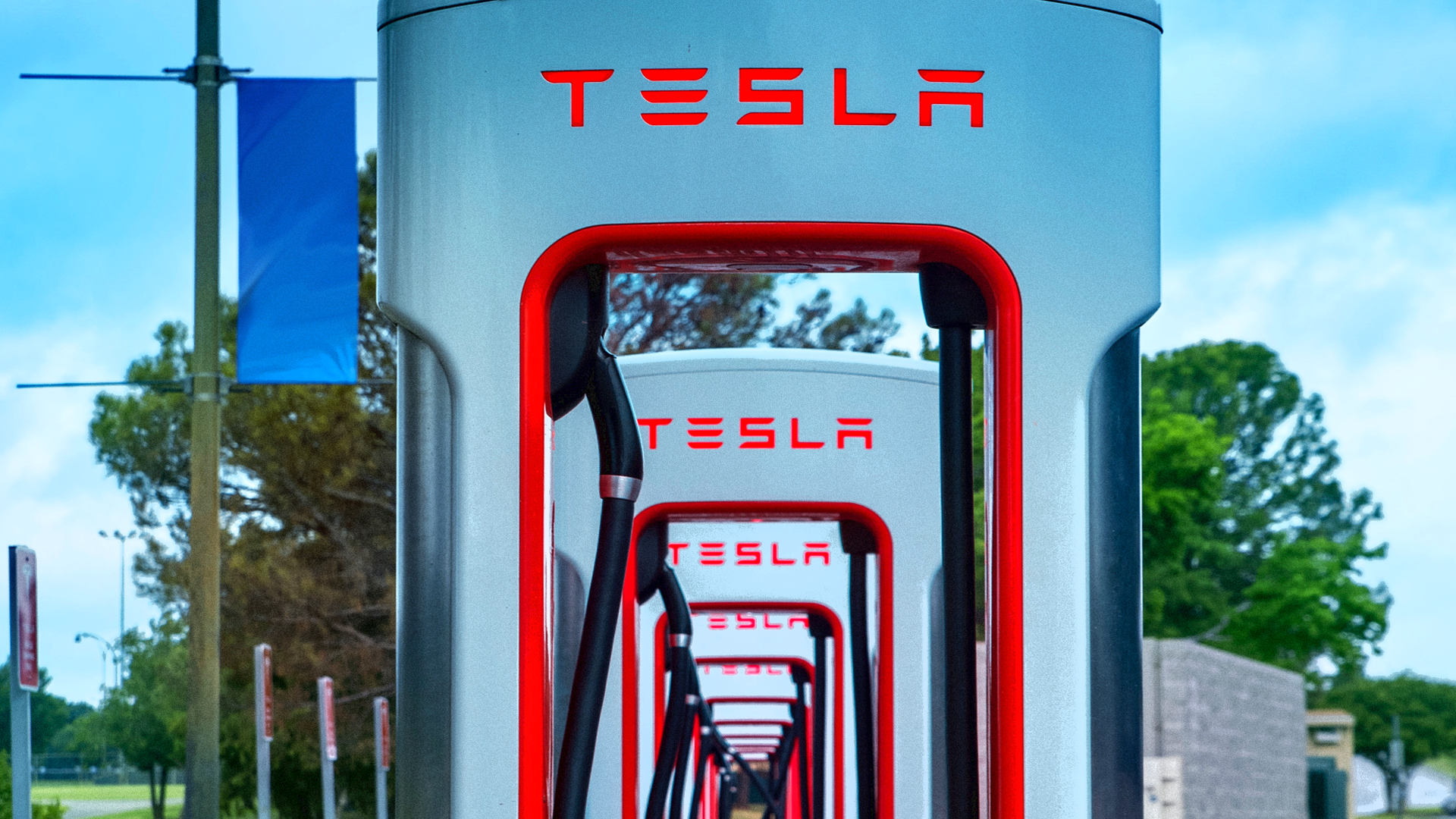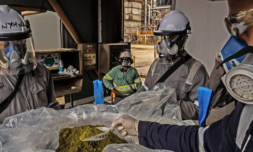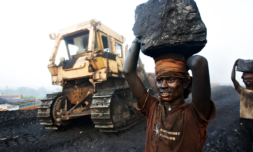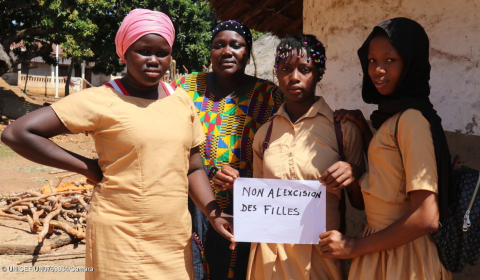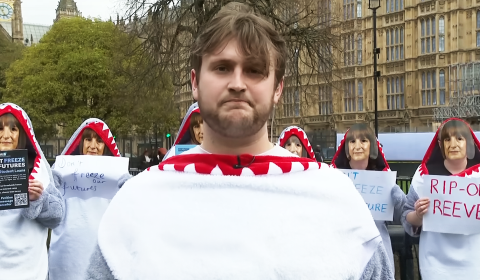Dozens of environmental NGOs have sent a joint letter to Elon Musk pleading with the Tesla chief to pull out of Indonesia’s nickel drive. Citing concerns around water pollution and deforestation, the cohort claim this isn’t the way to accelerate EV adoption.
As we approach 2030 climate deadlines, the automobile industry is changing drastically each year.
The common consensus is that we need electric vehicles (EVs) to succeed petrol cars, and quickly. Determining exactly where the raw materials should come from, mind, is something of an afterthought and receives far less coverage in the mainstream media.
Global automakers are slated to spend more than $515bn in the next eight years to make the essential transition, and a handful of EV proprietors will rake in the readies. Case in point is Tesla, whose sales for Q1 of this year are up 256% on 2019.
As public demand increases for battery powered cars, Tesla is determined to be the chief supplier and is therefore keen on up-scaling its stockpile of rare Earth minerals like nickel and cobalt.
Speaking of which, Indonesia is sitting on possibly the world’s largest untapped reserves of nickel, and it’s keen to cash in itself.
In preparation of the upcoming EV boom, its government outlawed the international export of unprocessed ore in 2020, meaning investors would have to join them on home turf if they wanted to dip into the supply.









